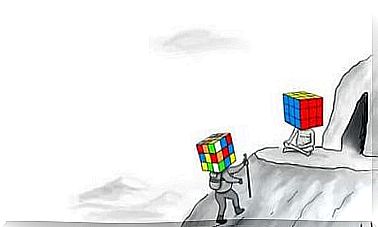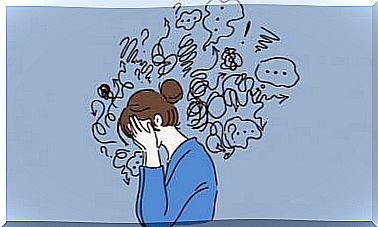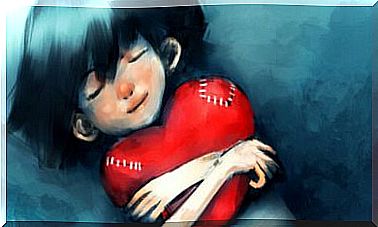Not Only Sadness Indicates Depression, Also Irritability

Not only continuous and intense sadness or, rather, hopeless, discouraged or “like in a well” mood is indicative of depression. In fact, sadness as a symptom may not manifest itself in a depressed person, being irritability its first cousin.
Yes. As strange as this statement may seem, a depressed person may not appear sad but may appear irritable, unstable or frustrated. Somatic complaints, bad moods, discomfort, physical pain, emotional roller coasters, etc. All of this can replace sadness as a symptom of an emotional problem such as depression.
Thus, we could say that manifestations of anger such as callousness, irritability, aggressiveness and “authoritarian” behavior are sometimes screams that ask to get out of the well of blackness in which depression suffocates us.

Irritability as a diagnostic criterion for depression
According to criteria of both the Diagnostic Manual of Mental Disorders in the latest version (DSM-5) and the International Classification of Diseases (ICD-10), a clinical diagnosis of depression can be carried out if the person, among other conditions, shows irritability instead of sadness.
That is, a constantly moody person who shows persistent anger, a tendency to respond to events with outbursts of anger or insulted others, or an exaggerated feeling of frustration over unimportant things, may be in a depressed mood. pathological.
In children and adolescents, an irritable or unstable mood may occur rather than a sad and discouraged mood. This should be distinguished from what is considered the “spoiled child” pattern with irritability in the face of frustrations.
However, it should be emphasized that just as sadness by itself is not a sufficient criterion for depression and needs other connotations to be considered pathological, the same happens with irritability.
Sadness and irritability are unfairly treated emotional states
Sadness and irritability by themselves are healthy emotional states, as they seek to inform us that there is something that is bothering us and is harming us. They only become pathological when they distort our life and greatly deteriorate our personal, social and work spheres for a long time.
With irritability, you generally have to be careful because through it we can do anything without caring if something negative happens. Thus, a persistent state tinged with this characteristic instability can be devastating.
Losing your temper easily, making unpleasant comments, being little tolerant, showing impatience, feeling nervous, showing agitation, having inappropriate reactions, starting to withdraw from certain people because of being unpleasant, etc. All this is indicative that something is not right in our life and that we have to take action.

Thus, the anger or irritability that manifests when we suffer from depression is a way of externalizing what is felt and not expressed. Let’s say the depressed person has the feeling of being oppressed, of wearing a scarf that weighs tons around his neck.
This makes her feel down, feel that her vitality is fading and that that scarf does not let her walk, hindering her life and unbalancing her mood. This accounts for the instability and difficulty that these people have to carry out activities on a day-to-day basis.
Thus, with the little strength that that dark scarf allows them to keep, they manage to eat something and sleep at most.









